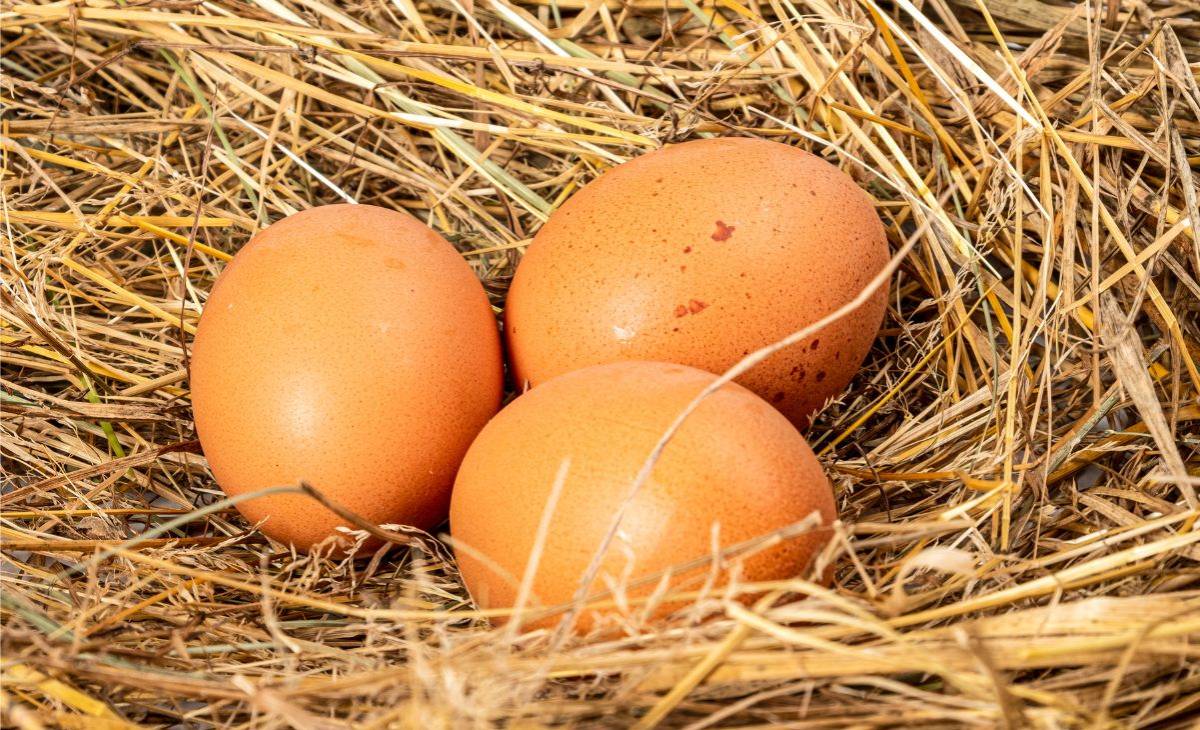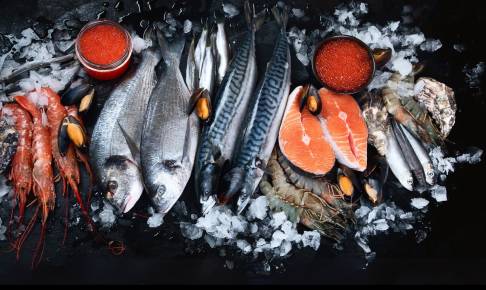PFAS found in Dutch eggs from hobby chicken keepers
A recent investigation by NOS, the Dutch public broadcaster, has uncovered the presence of PFAS-contaminated eggs far beyond the industry-heavy Dordrecht region, where the chemical company Chemours is located. The findings suggest that the pollution caused by these harmful chemicals may be more extensive than previously believed.
PFAS (Per- and polyfluoroalkyl substances) are a large, complex group of synthetic chemicals known to be associated with cancer and other health issues.
In the previous year, the RIVM (National Institute for Public Health and the Environment) and the local health board conducted tests on eggs from hobby chicken keepers in Dordrecht, a region where Chemours had been discharging large amounts of PFAS for years. Although, it was later revealed that health services identified various PFAS types in the region that differed from those emitted by Chemours. This discovery prompted NOS to undertake an independent investigation beyond the confines of Dordrecht.
NOS investigation revealed high levels of PFAS in eggs from hobby chicken keepers at six out of twelve locations tested. Maartensdijk, situated between Utrecht and Hilversum, emerged as the area with the highest levels of PFAS, which surpassed the EU maximum limits, with PFOS recorded at levels three times higher than the regulated threshold. The broadcaster also found PFAS levels higher than the European maximum limits for eggs at two other locations.
It is worth noting that supermarket eggs have not shown excessive concentrations of PFAS thus far, as demonstrated by the Dutch Food and Consumer Products Safety Authority (NVWA). However, experts consulted by NOS believe that the widespread presence of PFAS throughout the country indicates a more significant problem. They advise individuals who keep their own chickens to limit their consumption of eggs, particularly emphasizing the need for children to avoid excessive egg consumption due to the potential impact of PFAS on their immune systems.
In response to these findings, calls have been made for the RIVM to conduct a nationwide investigation into the presence of PFAS in in free-range eggs. The RIVM has stated that it will engage in consultations with relevant stakeholders to assess the need for such an investigation. It also clarified that it is not necessary to recommend all chicken keepers to refrain from consuming their own eggs, as the NOS investigation's sample size is not sufficient to draw definitive conclusions.
The widespread presence of PFAS in eggs from hobby chicken keepers highlights the urgent need for further research and measures to address this issue.
Source:






















